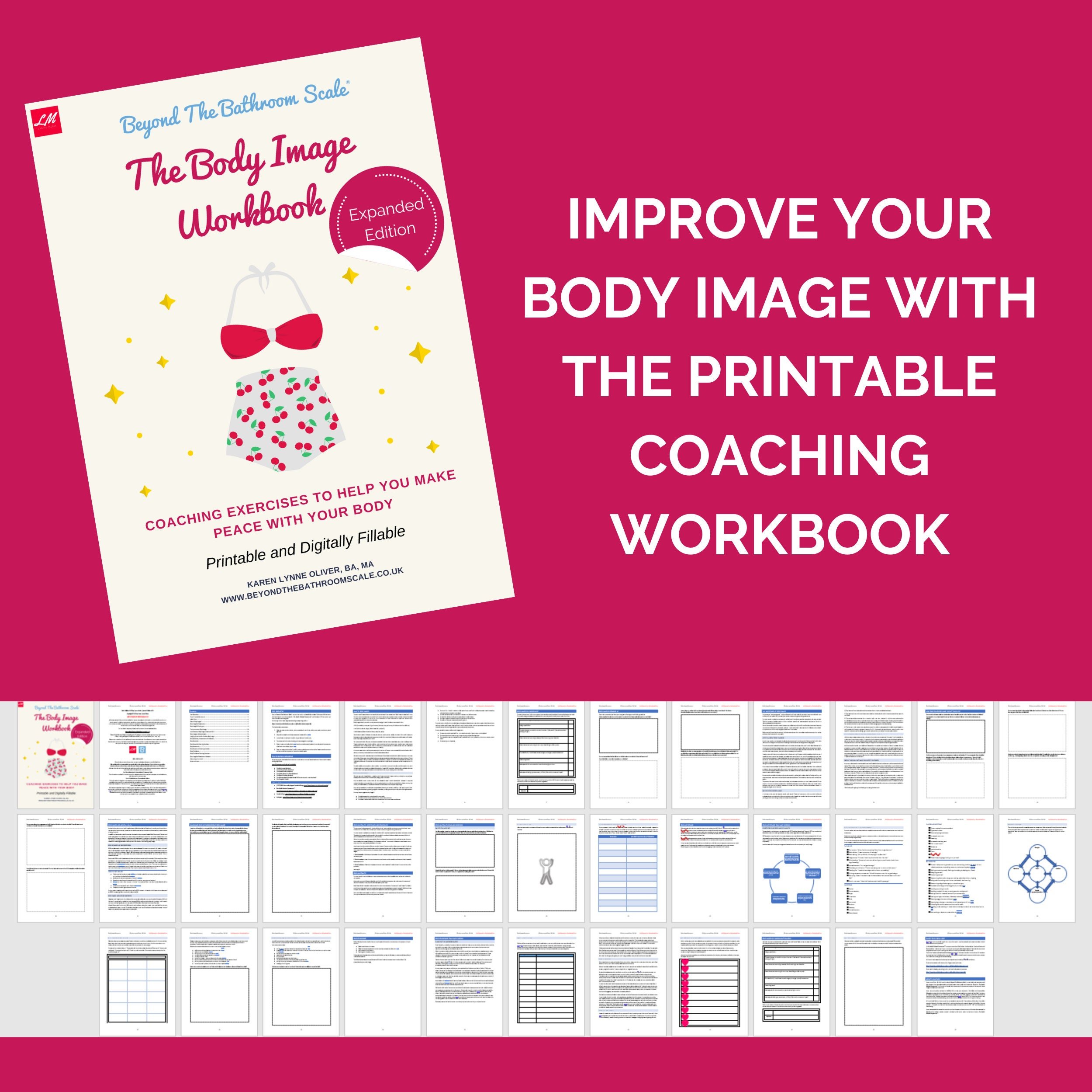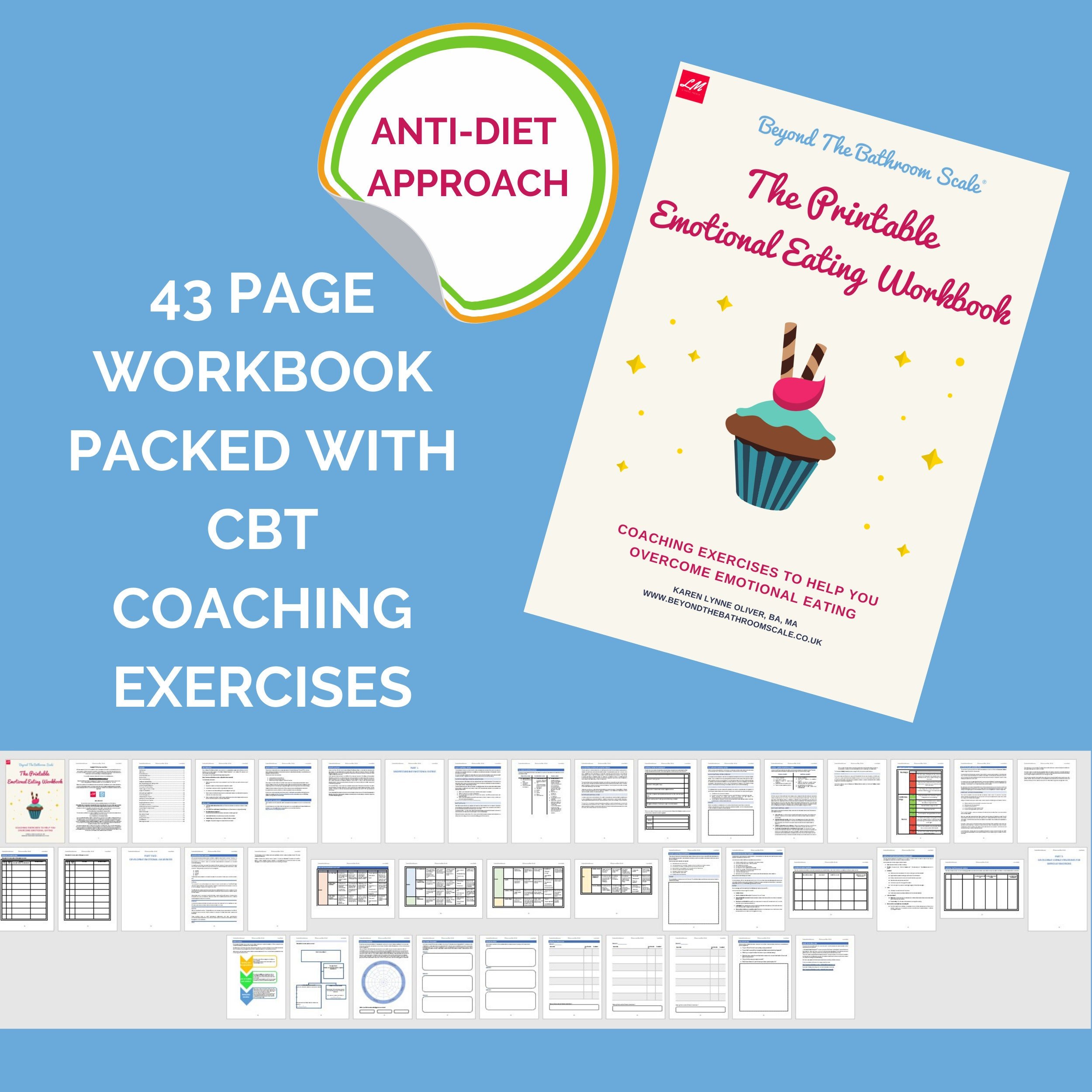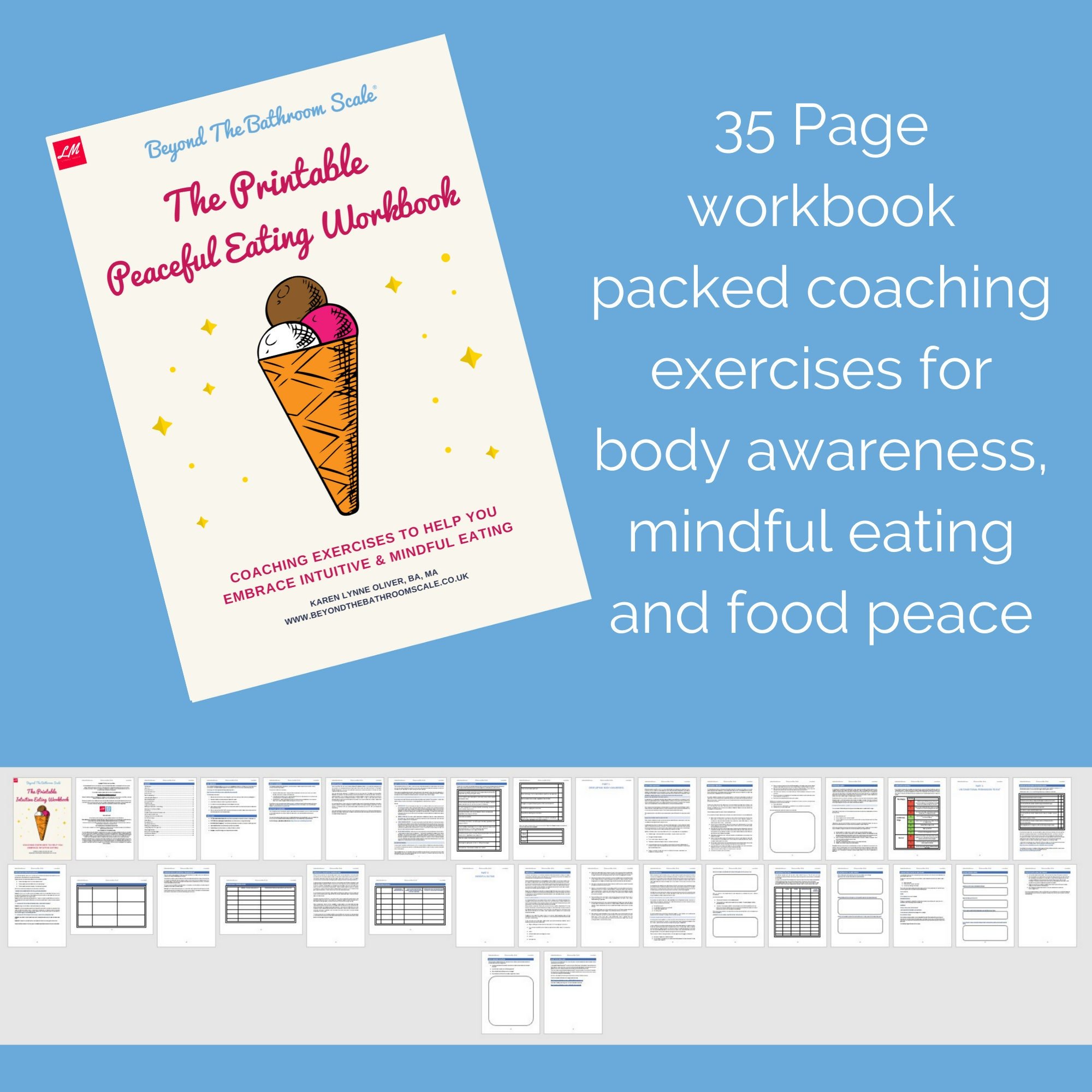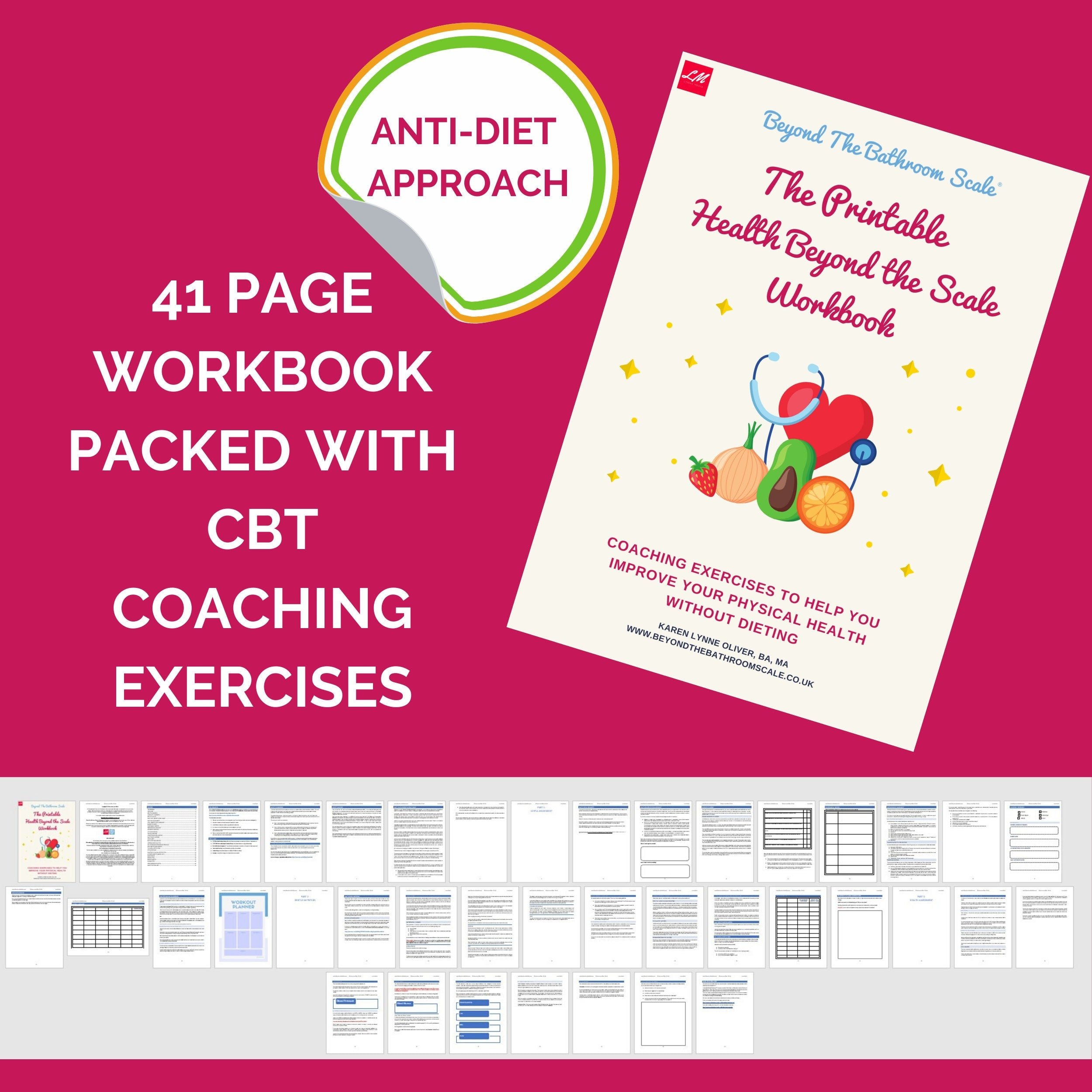How To Overcome An Emotional Eating Disorder
Do you find yourself reaching for food whenever you feel stressed, sad or even bored? Are you eating to numb your emotions or 'cheer yourself up'? If so, you're not alone as many people comfort eat or engage in 'emotional eating'.
Here's the thing: It's not even necessarily a problem if this is just one of many ways for you to deal with difficult emotions - once in a while won't harm your health and gaining joy from food is not a crime! Emotional eating is only really problematic if it becomes your only coping mechanism, like an automatic response to life stressors difficult emotions.
A lot of people think of emotional eating as an eating problem and therefore try to 'fix it' by dieting or restricting food intake. This approach, however, is more likely to exacerbate emotional eating further or lead to binge eating patterns. The mistake people are making is by treating emotional eating as an eating problem.
Emotional Eating is not an eating problem
'Comfort eating' is not really about food, and it's not an eating problem as such. Instead, it's a self-care and emotional well-being issue. Emotional eating has a lot in common with other maladaptive coping mechanisms, for example, heavy drinking and drug use, in that foods are being used to numb or 'patch' a difficult emotion. For the individual at that particular moment in time, the act of eating becomes an avoidance tactic for feeling an unpleasant emotion.
The obvious issue here is that while a drug user or alcoholic can potentially cut the substance out of their life entirely, whereas individuals struggling with emotional eating will still have to eat on a regular basis. The solution, therefore, is not to remove the 'substance', that being food, but to treat the cause of the emotional eating in the first place.
The psychology of comfort foods
Our thoughts and feelings about food only factor in for one aspect of emotional eating: when it comes to choosing which foods offer us the most comfort.
It's likely that you find yourself reaching for sweet snacks, cheese and high-fat foods, and chances are these are foods that you try to limit or restrict in some way and label as 'bad foods'. They may have even been foods used as 'treats' or 'rewards' in childhood, which has taught you that have to be deserving of them, usually after doing or achieving something challenging. This would explain why you feel you 'deserve' a pint of ice cream after delivering a stressful presentation at work. You may have been placated with particular foods when upset as a child - for example being bribed with chocolate to stop a tantrum, leading you to reach for chocolate when you're feeling sad or angry as an adult.
The concern here is how you address your emotions, not what you eat!
In order to overcome emotional eating, it's crucial to recognise your emotional eating behaviours as a cue to address your emotional well-being, instead of attempting to restrict foods. Remember: restricting food would be an attempt to treat the symptom, rather than the cause, i.e. your emotions.
You can find out more about emotional eating inside my coaching app.







